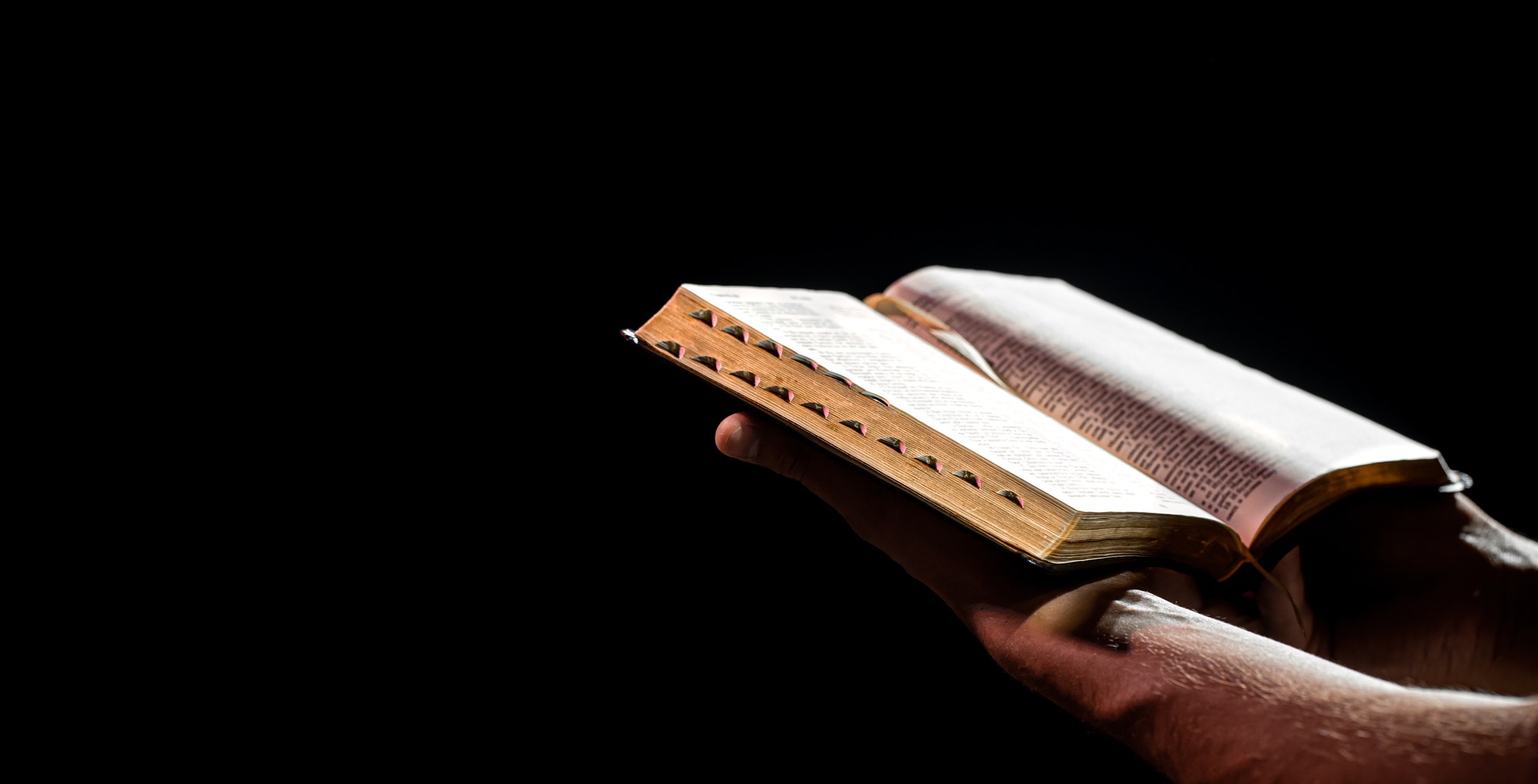Matthew 25:10-12
“And while they went to buy, the bridegroom came, and those who were ready went in with him to the wedding; and the door was shut. Afterward the other virgins came also, saying, “Lord, Lord, open to us!” But he answered and said, “Assuredly, I say to you, I do not know you.”
The door is shut with finality. The verb tense says the door is shut to stay shut. Therefore, at that point, no one’s repentance, prayer, or pleading can change that fact. Noah’s ark having its door sealed shut is a similar vivid illustration of its finality (Genesis 7:16) – it was shut to stay shut throughout the Flood. All the pleading in the world would not open the ark’s door to others after it was shut. Once Christ has come or we have died, our opportunity to be among the firstfruits of the Kingdom will have been decided. The door’s closing is fair because everyone had ample time to prepare for the bridegroom’s coming. He does not come early in the evening but late. He is even delayed (verse 5), giving extra time to be ready. We have our whole lives – all the years of Christ’s longsuffering and patience with us – to prepare. Therefore, it is just and fair that the door is shut when our last hour comes. Isaiah recognizes man’s tendency to procrastinate in his warning, “Seek the Lord while He may be found, call upon Him while He is near” (Isaiah 55:6).
The lesson Christ emphasizes in this parable is to be prepared for the future, namely, the coming of Christ. The prophet Amos expresses this powerfully: “Prepare to meet your God, O Israel!” (Amos 4:12). Human beings have little trouble preparing for everything, except meeting God. The last verse of the parable (verse 13) makes its purpose ring in our ears: “Watch therefore, for you know neither the day nor the hour in which the Son of Man is coming.”




